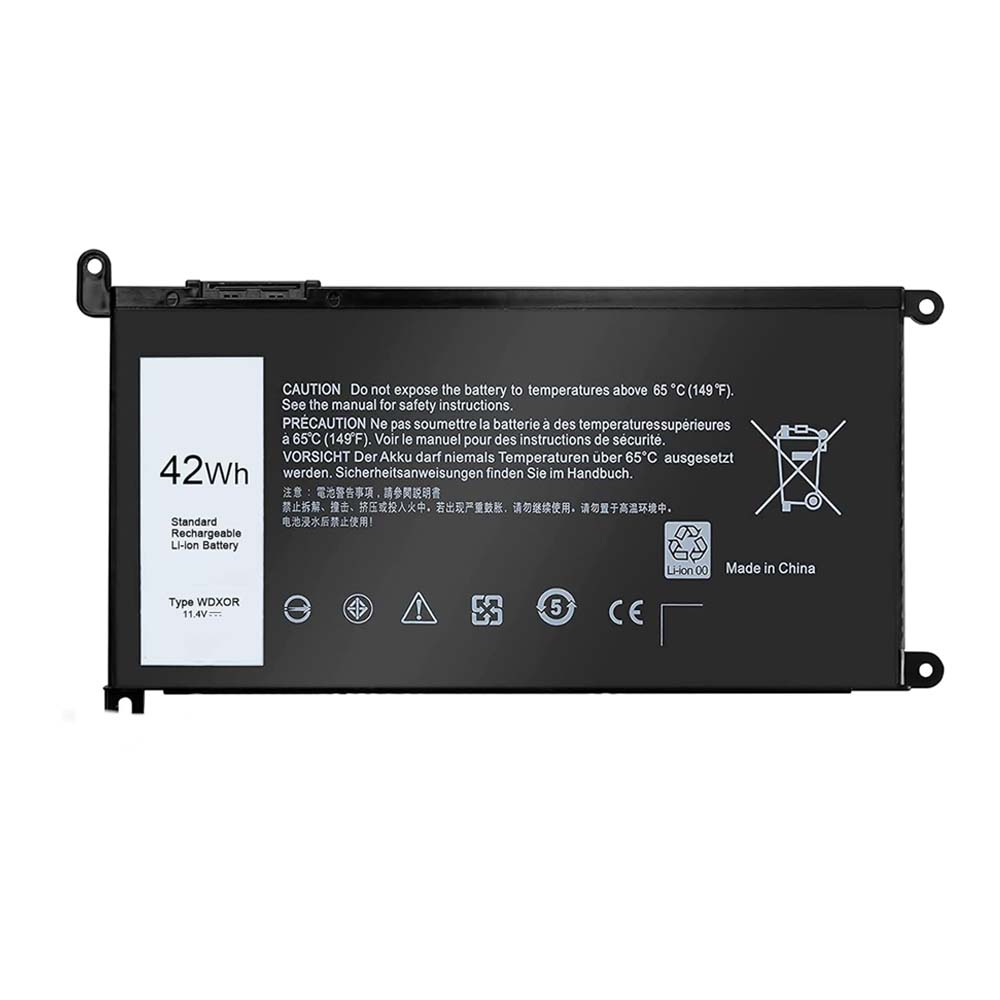一:92Wh Giant Breaks Windows Battery Record
The battery king of 2025? Honor’s MagicBook Pro 14 packs a 92Wh monster cell—50% larger than average thin-and-light laptops. With AI-powered HONOR Turbo X optimization, it lasts 12 hours 11 minutes on office tasks, beating every Windows rival and matching MacBook Pro 14. The magic lies in silicon-carbon anode materials boosting density to 720Wh/L (37% higher than graphite), plus a three-stage cooling system that keeps temps below 45°C during heavy gaming. After 2,000 charge cycles, it still holds 80% capacity15.
二:ARM Chips + AI: The Efficiency Game-Changer
While some brands cram in bigger batteries, ARM architecture delivers insane efficiency. ASUS’ Vivobook S16 (Snapdragon X + 70Wh) claims 32 hours of battery life at just 1.74kg weight8. Three secrets:
1:ARM’s native low power draw (under 5W for web browsing vs. 10W+ on x86);
2:AI power management freezing background apps like games during work sessions;
3:Windows 11 ARM optimization avoiding emulation overhead.
(Real-world test: Heavy Photoshop use cuts endurance to ~18 hours—ARM still struggles with pro apps.)
三:Future Tech: Sun Power and Fuel Cells
Lab breakthroughs are wilder:
Lenovo’s solar laptop: Yoga Solar PC concept converts 20 mins of sunlight → 1 hour video playback using 24%-efficient back-contact cells7;
Apple’s hydrogen play: New PEM fuel cell patent aims for “weeks without charging” on MacBooks10;
Smarter battery design: Shenzhen Huaxin’s patent relocates circuits behind cells, squeezing 10% more capacity into same space4.
四:Buyer’s Guide: Cut Through the Hype
Capacity ≠ endurance: Honor’s 92Wh needs 1.7kg chassis; ASUS hits 32 hours with 70Wh via ARM+OLED efficiency.
Check real charging speed: MagicBook Pro 14 charges 92Wh in 68 mins (100W), but some “65W” laptops peak at 45W.
Solid-state is coming: Gotion’s lab tech hits 6-min charge for 1000km range—when it lands in laptops (~2027), battery anxiety dies.
“Slapping in bigger batteries is lazy. We bet on silicon-carbon anodes + AI—that’s the real revolution.”
— Honor battery engineer
This battery war isn’t about specs; it’s about freedom. From power outlets to sunlight, whoever lets users be more “reckless” wins.


